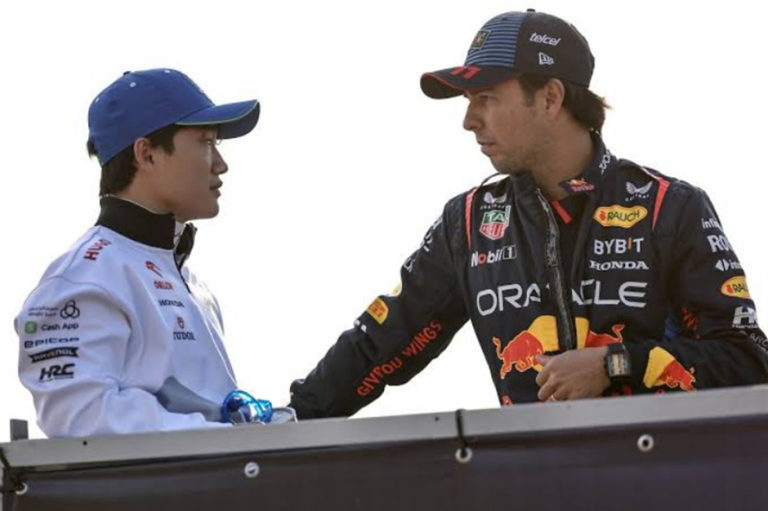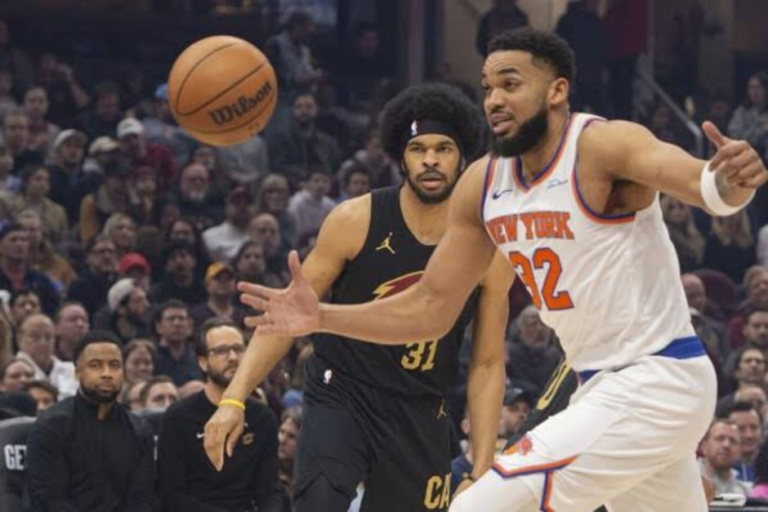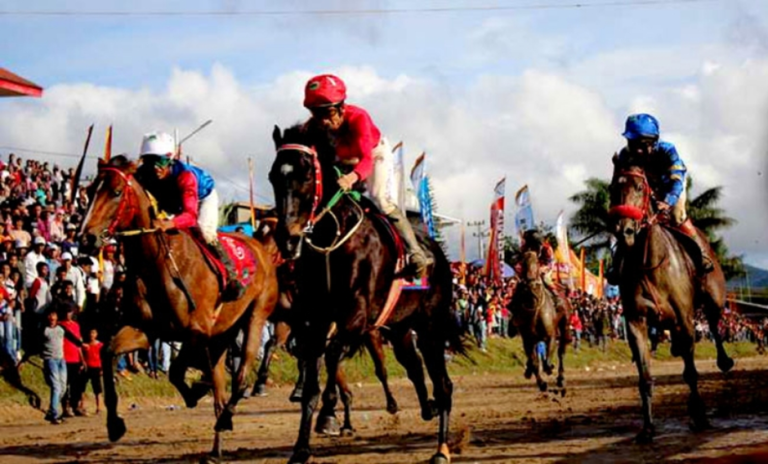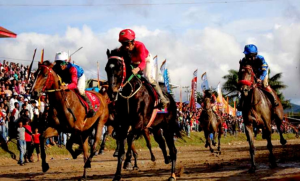The International Association of Athletics Federation (IAAF) on Sunday maintained its pressure on Russia, which has been banned since November 2015 for institutionalised doping, under its position just before the IOC decision on its participation at the 2018 Winter Olympics Games in Pyeonchang, South Korea.
The head of the independent Task Force for IAAF, Rune Anderson to check Russia’s progress in the fight against doping, drew up a new critical assessment of the situation following the meeting of the government of the International Federation in Monaco.
Anderson claimed: “The rehabilitation of the WADA as an independent anti-doping agency and the recognition by the Russian authorities of the doping conclusions of the McLaren Report on doping organisation by the highest authorities of the state.”
“As long as we don’t recognise what happened before, we will not be sure that things will not happen again,” he added.
The IAAF Council next meeting is scheduled for after the 2018 World Indoor Championship in Birmingham but Russia will be excluded from this competition, as they have been the 2016 Olympics and Worlds 2017.
However, their athletes would have the opportunity to align themselves under neutral flag in international competitions if they can demonstrate that their course and training methods have not been tainted by the generalised system of doping.
The IAAF president Sebastian Coe on the other hand, he had to make the decision but he would like to rehabilitate the Russian athletes under the conditions.
“We had to be consistent in our approach. We have always endorsed the recommendations of our Tast Force.” Coe said.
“Given the circumstances and the two criteria that were not respected, we had to make that decision. We would like to rehabilitate the Russian athletes but the conditions must be fulfilled.” He added.

WADA calls for total ban on Russia over doping issues. (Source:www.looppng.com)
Coe also swept “double standards” charges against Russia, as President Vladimir Putin regularly accuses US of orchestrating the doping charges and want to disrupt the presidential election of March 2018.
“Given the extent of the problem, Russia was in the corsshairs and we wanted to know more about what was going on.” Coe said.
As far as we know, Russia, Belarus, Ukraine, Ethiopia and Kenya are still on the list but Morocco already removed from the watch list.
The next episode of the Russian doping issues will now take place in Lausanne. It remains to be seen whether the IOC, previously reluctant to a collective sanction, will dare to follow the example of athletics.
















